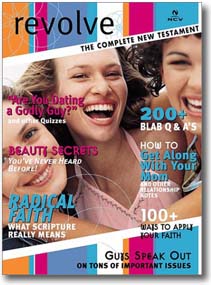Updating the list of movies I've watched lately, I've realized that folks reading this blog (all three of them!) might perceive my listing a movie here as an endorsement of said movie.
Au contraire.
In fact, I've seen an unusually high number of crappy films this year. (Perhaps a sign from the heavens to read more?) Some I chose to watch (my inexplicable penchant for the horror genre leads to quite a few duds). Others resulted from spousal whims or were recommended by various well-meaning people. =]
But in any case, I've decided to add a very rudimentary rating next to each movie to distinguish the truly good ones from the truly awful. (And man, have I seen some truly awful ones this year!)
So my very rough scale (from one to five stars) is as follows:
* = The very worst. Mind-raping or mind-numbing or both. This is not the designation for "so-bad-they're-good" movies. This is for the inexcusably, through-and-through bad.
** = Poor. This movie could never be mistaken for good, but there remains some redeeming factor--however slight--that rescues it from being entirely dreadful. (The "so-bad-they're-good" flicks may find a home in this category.) Still, you probably wouldn't ever recommend this movie to anyone and may even lie about having seen it.
*** = Decent to pretty good. As I'm thinking of my 3-star rating, those faces on the hospital emergency room pain charts come to mind.

See the expression on the face above #4? That's the facial equivalent of my 3-star rating: not bad, not great, just kinda hanging out in between. Heck, a 3-star rating might even lean toward the face above #2: mildly pleased but far from ecstatic.
**** = Quite good. This is a great movie that, while thoroughly enjoyable, falls shy of complete greatness. It's the kind of movie that you'd buy a copy of, watch more than once, recommend to other people--but it wouldn't quite crack your "favorite movies ever" list.
***** = Bliss.
I'll be test driving the new ratings system and applying it to my movie list shortly. In the meantime, I really should go read a book...


